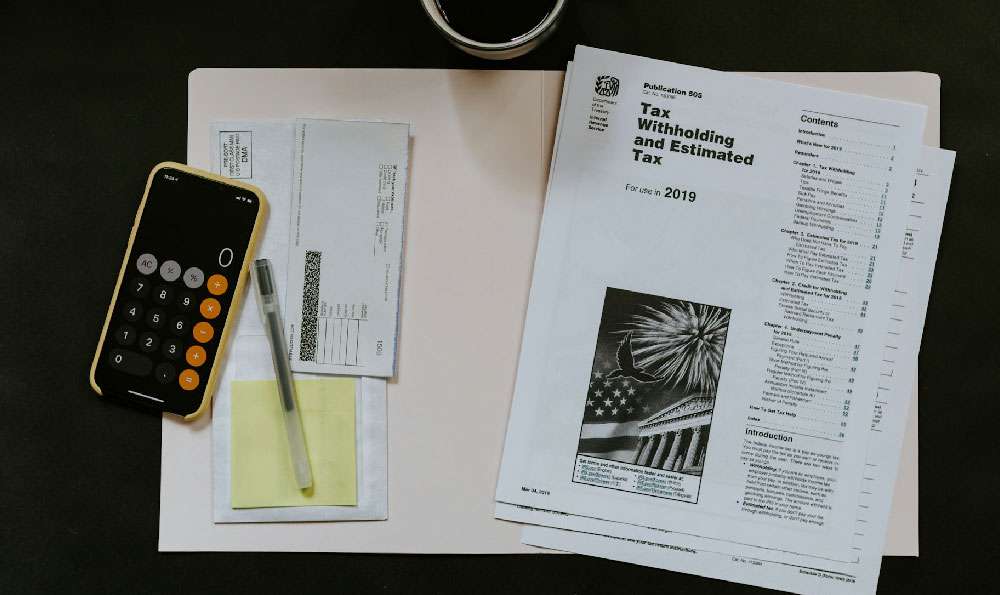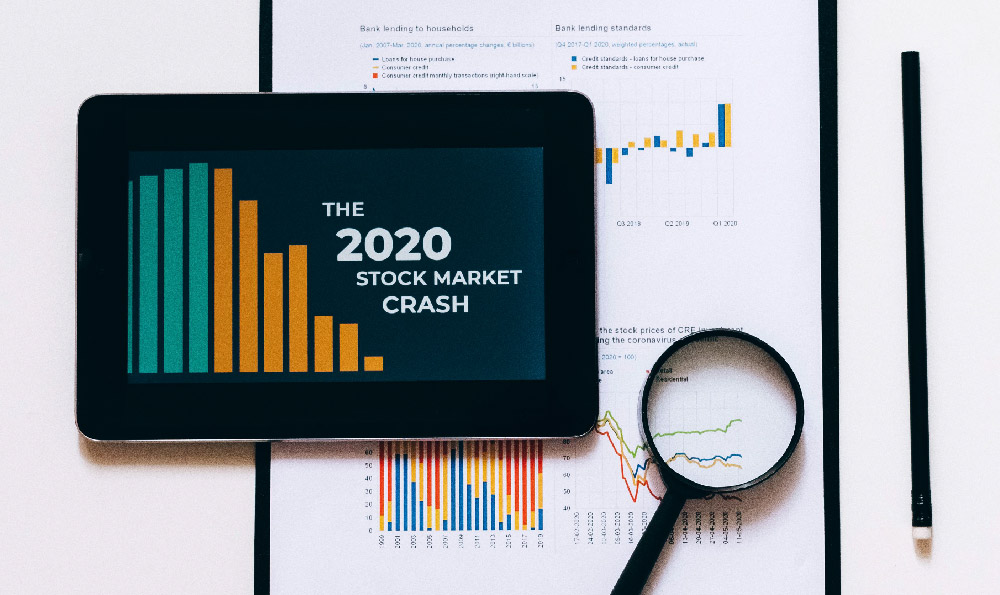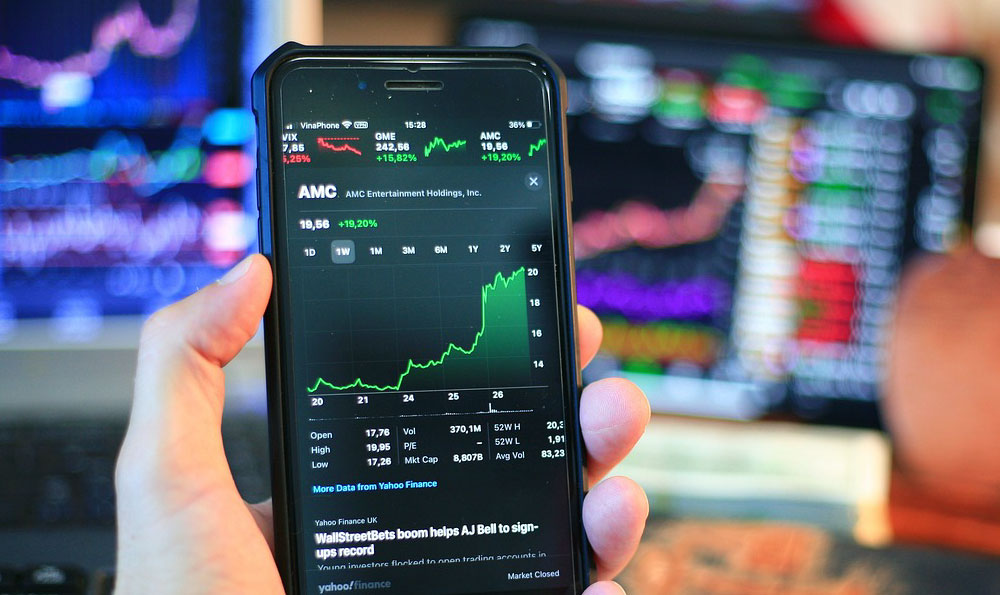How Joe Kennedy Built His Fortune: Wealth Sources and Business Success Factors
Joe Kennedy's journey from a humble upbringing to becoming one of the most revered figures in American finance is a testament to the power of strategic thinking, relentless work ethic, and the ability to spot opportunity in the most unexpected places. Born into a working-class family in Boston, Kennedy's early life was marked by financial instability, which paradoxically forged his sharp instincts for identifying value. His father, a fishmonger, and his mother, a schoolteacher, instilled in him a deep respect for education and industry, values that would later shape his approach to investing. While many of his contemporaries were content to pursue traditional careers, Kennedy's curiosity about the stock market, nurtured during his time as a Harvard student, set him on a path that would redefine wealth creation in the 20th century.
Kennedy's success can be traced to his ability to integrate three key elements: timing, diversification, and psychological resilience. During World War II, he capitalized on the U.S. government's need for resources by establishing Kennedy & Co., a company that facilitated the sale of war bonds and procured military supplies. This venture, though seemingly aligned with patriotic duty, was in fact a masterclass in leveraging economic cycles. By understanding the government's fiscal priorities and the scarcity of goods during the war, he was able to create a business model that thrived on both public sentiment and strategic positioning. His early experiences in this volatile market taught him the importance of adapting to macroeconomic shifts, a lesson that would serve him well in the post-war era.
The transition from wartime entrepreneur to Wall Street investor was not immediate, but it was inevitable. After the war, Kennedy recognized that the booming economy would soon shift from defense spending to consumer goods and technology. He invested heavily in companies like International Nickel, which was involved in the production of stainless steel—a critical material for the post-war industrial boom. This decision, made when many were still focused on the immediate aftermath of the conflict, showcased his forward-thinking approach. By anticipating the consumer revolution, he positioned himself at the intersection of industrial growth and financial innovation. His ability to pivot from a physical business to a financial one, while maintaining a deep understanding of the underlying industries, was a crucial factor in his long-term success.

Kennedy's approach to investment was characterized by its emphasis on fundamental research and contrarian thinking. He was known to spend countless hours analyzing company reports, industry trends, and economic indicators, a habit that distinguished him from the speculative crowd of his time. His success with companies like American Motors, where he identified undervalued assets and predicted a shift in consumer preferences toward affordable automobiles, exemplifies his analytical rigor. Rather than following the herd, he sought to understand the intrinsic value of businesses, often acquiring stakes during market downturns when others were hesitant. This contrarian mindset allowed him to buy low and sell high, a principle that remains central to successful investing.
However, Kennedy's achievements were not solely the result of financial acumen; they were also a product of his personality and philosophy. He was a man of exceptional drive, often working 16-hour days at the height of his career. This work ethic enabled him to accumulate vast knowledge and stay ahead of market trends. Yet, it was his psychological resilience that truly set him apart. He faced numerous setbacks, including the collapse of his first major investment in the 1929 stock market crash, but he used these experiences to refine his strategies. His ability to remain composed during market fluctuations and to think long-term, even when short-term losses were evident, was instrumental in his eventual fortune.
Kennedy's success also hinged on his understanding of diversification. While he was known for his high-stakes investments in individual stocks, he also recognized the importance of spreading risk across different sectors. His portfolio included holdings in companies ranging from utility providers to manufacturing giants, ensuring that his wealth was not overly exposed to any single market downturn. This balanced approach allowed him to weather economic storms while still capturing growth opportunities. His ability to diversify was not just about financial safety but also about maintaining a broad perspective on the economy.
Moreover, Kennedy's legacy lies in his ability to mentor and inspire future generations of investors. He was known to share his insights through articles and speeches, emphasizing the importance of patience, discipline, and continuous learning. His advice to "buy stock in companies you understand" and "never be in a hurry" has become a cornerstone of modern investing. By focusing on long-term value and avoiding emotional decision-making, he provided a blueprint for sustainable wealth growth.
In the end, Joe Kennedy's story is a blend of calculated risk-taking, rigorous analysis, and unwavering determination. His ability to adapt to changing economic environments, from war to peace, and from industrial sectors to financial markets, demonstrates the versatility required for long-term success. His approach to investing, grounded in fundamental research and psychological resilience, offers valuable lessons for anyone seeking to build a lasting fortune. By studying his methods, modern investors can gain insight into the principles that underpin successful wealth management, and apply them to their own financial journeys.















